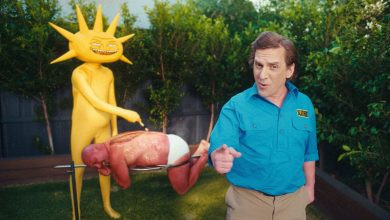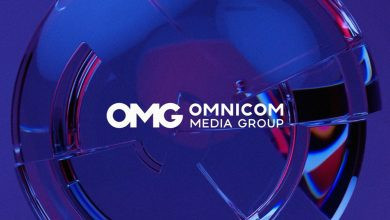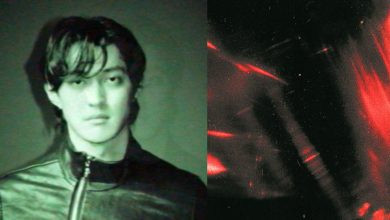
SINGAPORE — Outbrain, a technology platform that drives business results by engaging people across the open internet, has appointed Eve Solomon as Managing Director, Publisher of Business Development for Outbrain of its Asia Pacific region, including Japan.
With an impressive nine-year tenure at Outbrain, Eve will further elevate Outbrain’s APAC supply operations. The appointment is also a homecoming for her, as she returns to her native Australia after almost a decade based in New York City.
Eve has consistently proven her value through her ability to navigate the ever-evolving landscape of digital advertising. Most recently, she spent four-and-a-half years managing the cross-functional team responsible for Outbrain’s global strategic accounts. Her strategic mindset and consultative approach were instrumental in elevating the partnership beyond traditional native placements.
“It’s truly a welcome return for me to be back in my home country and join the Outbrain APAC team,” said Eve. “Outbrain’s commitment to innovation while providing publishers the ability to maximize the impact of user engagement and loyalty is consistent across all markets. I’m excited to continue driving growth and building strategic relationships that deliver results for our publisher partners across APAC.”
In her new role, Eve will be responsible for expanding Outbrain’s APAC supply business by creating new, premium publisher partnerships, and will focus on ensuring the right resources and support are provided to Outbrain’s existing APAC business. Eve’s deep understanding of Outbrain’s operations and her ability to navigate complex situations will enhance the success of APAC’s publisher partnerships.
Amrita de la Peña, Managing Director APAC at Outbrain, commented, “Eve’s extensive experience and deep understanding of Outbrain’s operations will undoubtedly strengthen our collaborative efforts across APAC. Together, we will drive strategic partnerships, deliver exceptional services to publishers, and ensure mutual success in the dynamic digital advertising landscape.”
Stephanie Himoff, EVP Global Publishers at Outbrain, commented, “Eve’s dedication, expertise, and passion for the industry make her a valuable addition to the APAC team. Her extensive experience on the publisher side, combined with her strategic mindset, will truly strengthen our relationships with publishers in the APAC region and drive mutual growth.”
With her appointment, Eve further solidifies Outbrain’s commitment to providing innovative solutions and exceptional services to publishers across the APAC region.








